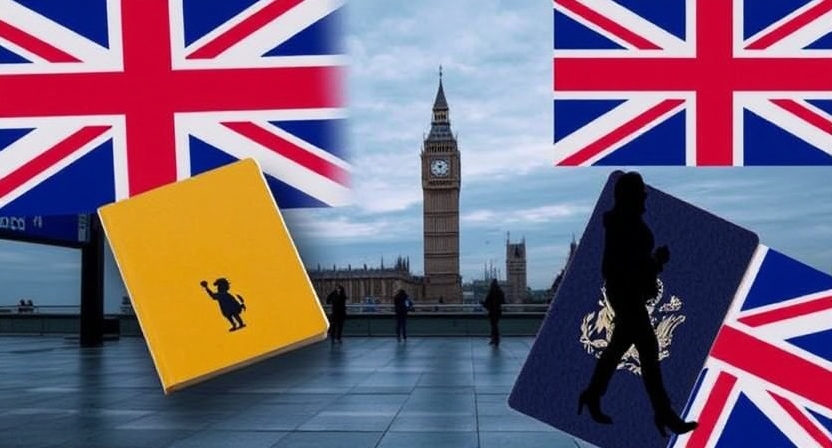The UK government has announced significant updates to its immigration policies, set to roll out in 2025. These changes are part of broader efforts to enhance border security, regulate migration, and ensure smoother processes for both visitors and residents. Here’s an in-depth look at what’s coming and how it may impact travellers and migrants.
1. Electronic Travel Authorisation (ETA) – What Is It, and Who Needs It?
Starting January 8, 2025, travellers from countries such as the United States, Canada, and Australia, who currently enjoy visa-free access for short stays, will need to apply for an Electronic Travel Authorisation (ETA) before entering the UK.
What is the ETA?
- The ETA is a digital pre-travel authorisation required for those travelling to the UK for tourism, family visits, or short business trips.
- Similar to the US ESTA or EU ETIAS systems, it aims to enhance border security by allowing authorities to pre-screen travellers before they arrive.
Who Needs It?
- Citizens of visa-exempt countries will be required to apply for an ETA.
- It won’t replace visas for those needing one to work, study, or settle in the UK, but rather targets short-term visitors.
How to Apply?
- Travellers can complete the application online, providing personal and travel details.
- A small fee will be charged, and most applications are expected to be processed quickly, barring any security concerns.
Impact:
This system is designed to provide UK border authorities with advanced knowledge of who is entering the country, allowing for better management of security risks while simplifying the process for travellers.
Source: BBC News
2. The Immigration White Paper: What to Expect
In 2025, the government will unveil a new Immigration White Paper, which will outline long-term strategies for managing migration into the UK. This document will serve as a blueprint for shaping the country’s immigration policies.
Key Focus Areas:
- Reducing legal migration: The government aims to balance the country’s reliance on foreign talent with public concerns over migration levels.
- Addressing skills gaps: The policies will emphasize attracting high-skilled workers to meet labour shortages in critical industries like healthcare, technology, and construction.
- Simplifying processes: A priority will be making immigration processes more user-friendly for applicants and employers.
Why Is This Important?
The White Paper will set the tone for immigration reform, ensuring policies are clear, fair, and aligned with the UK’s economic and social needs.
Source: Gov.uk
3. Enhancing the Migration Advisory Committee’s Role
The Migration Advisory Committee (MAC), an independent body that advises the government on immigration matters, will play a more significant role in the coming years.
What’s Changing?
- The government has expanded the MAC’s leadership team to strengthen its capacity to provide data-driven advice.
- The committee will assess the impact of migration on the UK’s economy, labour market, and public services.
Why It Matters:
By equipping the MAC with more resources and expertise, the government ensures immigration policies are informed by robust research and analysis.
Source: Gov.uk
4. Tackling Illegal Immigration with New Measures
Illegal immigration continues to be a critical issue for the UK. The government has announced several measures to address this challenge effectively.
Key Actions Include:
- Increasing detention capacity: More facilities will be established to house individuals without legal status while their cases are processed.
- Return agreements: The UK is negotiating with key countries to expedite the return of individuals residing in the UK unlawfully.
Why Now?
The government is under increasing pressure to manage illegal immigration, both for security reasons and to reduce strain on public services.
Source: Gulbenkian


